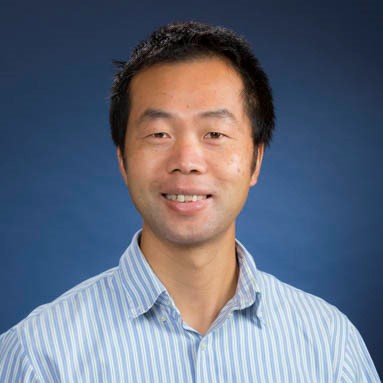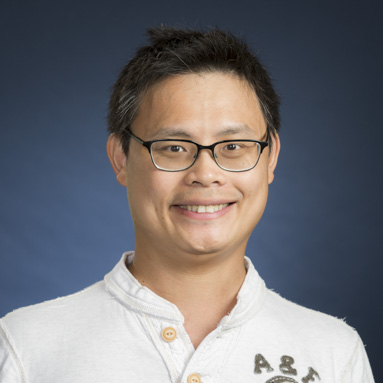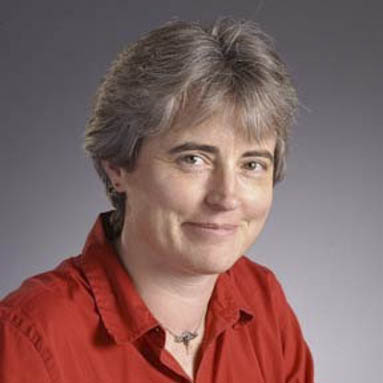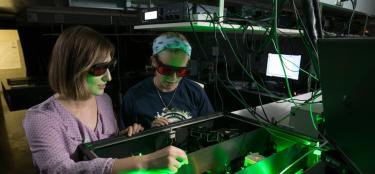Discover How Your Master’s in Applied Physics Can Create New Breakthroughs
WPI’s new master’s in applied physics lets you structure your own academic and professional path in areas ranging from photonics to medical physics.
With a commitment to using physics applications in research and interfaces with other disciplines, WPI’s new applied physics masters prepares you for work in academia, industry, government, and healthcare. Close collaboration with our faculty and access to our state-of-the-art facilities and labs will strengthen the work you do at WPI and the work you’ll do in your career.

A master’s in applied physics from WPI offers research choices that match your interests and reflect the needs in the industry. The degree program will prepare you for a career at national and international laboratories, industry, education, and academia. With a focused, cross-cutting research and challenging coursework, the applied physics master’s degree encourages exploration in areas at the interface of physics and other scientific disciplines.
Students in the program will choose from five concentrations, each of which hold a different impact for the world. With these five concentrations, you’ll dive into research that solves real-world problems and invites new approaches.
- Biophysics and soft condensed matter
- Medical physics
- Nanoscience and technology
- Photonics
- Radiological sciences
Learn more about how WPI offers thorough and cutting-edge applied physics programs.
The master’s in applied physics is a 30-credit hour program. Students in the program will personalize their course of study by choosing one of five concentration areas as a focus and will work closely with the faculty in their chosen area. Program requirements will vary based on the concentration, but all include thematically-related coursework and research.
Research for Applied Physics Master’s Degree
You’ll find expanded opportunities in WPI’s collaborative, interdisciplinary research environment and state-of-the-art facilities. As you choose one concentration to focus your applied physics master’s degree studies on, you’ll find that our labs and facilities offer the resources needed to amplify the impact of your work.
Applied physics researchers will find space and equipment at the WPI Life Sciences & Bioengineering Center at Gateway Park, as well as labs such as the Atomic Force Microscopy (AFM) Laboratory, the Center for Computational Nanoscience with Computer Clusters, and the photonics-focused Laboratory for Education & Application Prototypes (LEAP @ WPI/QCC).
Interested in degrees similar to the MS in applied physics? Explore our MS in physics.
Graduate Studies Series
Team members from Graduate & Professional Studies host quick and convenient webinars designed to highlight popular topics when starting grad school. Take a deep dive into specific areas of interest such as how to secure funding, how to ace your application, an overview of student services, and more!
Have questions?
WPI's dedicated graduate student support team can help.
Faculty Profiles








Refer a Friend
Do you have a friend, colleague, or family member who might be interested in a WPI graduate program? Click below to tell them about our programs.
Earn a Traditional MS in Physics
Are you interested in investigating traditional physics as a career path? Explore our MS in Physics, which challenges students to work on boundary-pushing, hands-on research. Already have a master's and exploring PhD options? WPI’s doctorate in physics prepares you for a career in academia or industry. As a PhD student, you’ll study biophysics and nanoscience alongside word-renowned faculty. Find out more about our PhD in Physics.
Do You Need to Earn a Bachelor’s Degree in Applied Physics First?
If you’re interested in applied physics but need a foundation, WPI’s Applied Physics BS gives you the knowledge and shows you how to apply it to real-world problems facing physicists and scientists around the world.
Maybe you’re just fascinated by physics on the small scale but don’t want to major in the field? WPI’s minor in nanoscience can give you the background you want. Explore our minor in nanoscience to enhance your understanding.
Are You A Physics Educator?
Do you want to increase your understanding of your subject matter and help your students find their passion for physics? Our Master of Science in Physics for Educators (MPED) will give you the tools you need for your classroom.
